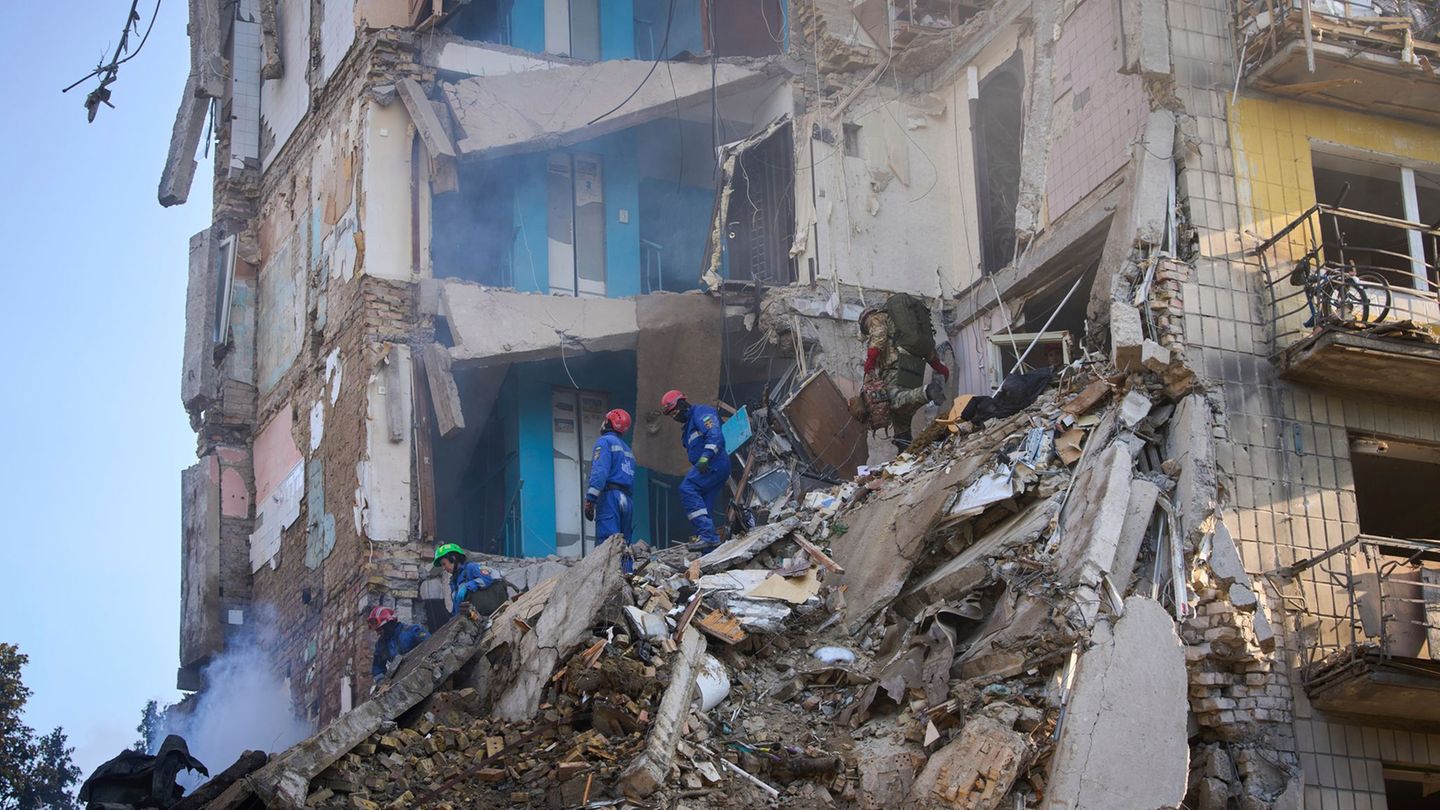Whether it is virtual 3D representations of organs or operations in which medical professionals participate remotely: The 5G mobile communications standard is intended to advance medicine. This kind of progress is gradually starting in this country.
When it comes to the digitization of the healthcare system, the first German hospitals are relying on their own 5G mobile networks.
After the University Clinic in Bonn at the end of 2020 and a Helios Hospital in Leipzig this summer, the Düsseldorf University Clinic has now also tackled its own network using the mobile communications standard. The first 5G antennas had been activated, Vodafone announced on Wednesday. A total of around 250 mini antennas would be integrated into the new campus network in the coming months.
The 5th generation of mobile communications (5G) is intended to enable hospitals to transmit large data sets of computed tomography (CT) or magnetic resonance imaging (MRI) so that doctors from other departments can receive information quickly and treatment can continue without interruptions or waiting times. Networked augmented reality glasses for operations should also be easy to use thanks to 5G and improve the virtual representation of body parts.
5G should enable smooth transmissions and the three-dimensional virtual representation of organs so that doctors and patients are better informed. With chips on the body – “digital patches” – vital data are to be monitored – if there are problems, the alarm is immediately sounded.
Deutsche Telekom started a 5G campus network at the University Hospital Bonn at the end of 2020. The network is running well and smoothly, said the head of the IT clinic business of the Bonn group, Michael Waldbrenner. Compared to fixed-line internet via WLAN, 5G has the great advantage that it enables stable real-time transmission of immensely large amounts of data. In the sometimes very old buildings of German hospitals, the cabling for better WLAN is sometimes very complex, which is one of the reasons why the radio standard is an ideal choice. “German hospitals have a lot of catching up to do when it comes to digitization, and 5G is an important key here.”
The management of the Bonn University Clinic was very satisfied with the previous 5G use, and patient care had been improved. The current aim is to improve and accelerate data exchange. “5G makes it possible to transport radiological image data on campus in the shortest possible time, even independently of fixed workstations,” says radiologist Ulrike Attenberger. In the future, the radio standard in Bonn will also be used in robotics for operations and for driverless transport – for example, when beds with patients drive to examinations within the clinic, and in an automated manner without anyone having to push.
Attenberger points to great time savings, which is very important in emergencies. Experts could give their assessment at any time and from anywhere on the clinic campus. “This saves valuable time, especially when it comes to caring for the seriously injured.”
Is 5G expensive for a clinic? The Bonn University boss Wolfgang Holzgreve says with a view to the progress that the scale of the cost-benefit-relation is sinking “clearly on the side of the benefit”.
Vodafone Germany boss Ametsreiter also emphasizes the advantages: “5G is much more precise than WLAN, no data packets are lost and stable transmission is ensured.” In addition, there is no need for complex cabling. Both Vodafone and Telekom are in talks with other clinics as customers.
The so-called campus networks only broadcast on the clinic premises, they are not public – and thus protected from outside hackers. “When it comes to data security, 5G campus networks have great advantages,” says Telekom manager Waldbrenner. Separately from this, there is a public 5G network that, for example, connects to specialists in other cities and can then incorporate their expertise in real-time operations or treatments.
Telefónica began setting up a 5G network at a Helios hospital in Leipzig in August, and it should go into operation at the end of the year. “5G offers extremely high data speeds and very short response times of up to a millisecond,” says Telefónica Germany boss Markus Haas. An example from Spain shows the great potential of the technology for the health sector: According to Telefónica, a knee operation took place in the Spanish city of Málaga in autumn 2019, during which the doctors used augmented reality technology. An external specialist was involved via an assistance system based on 5G – at the time, he was around 9,000 kilometers away in Osaka, Japan.
David William is a talented author who has made a name for himself in the world of writing. He is a professional author who writes on a wide range of topics, from general interest to opinion news. David is currently working as a writer at 24 hours worlds where he brings his unique perspective and in-depth research to his articles, making them both informative and engaging.




